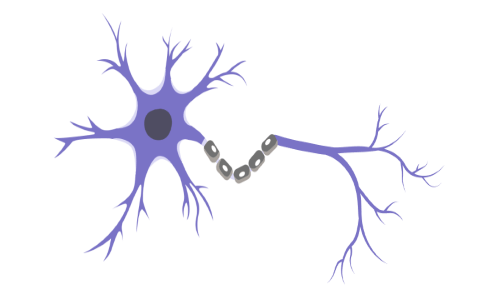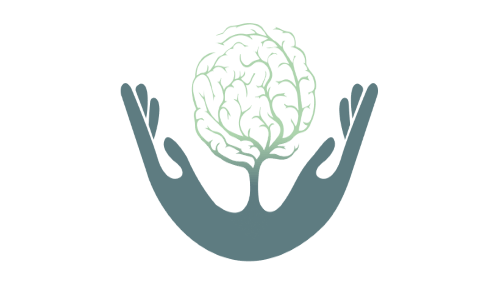
Introduction to Prolonged Exposure Therapy Skills: A Step-By-Step
Open to access this content

Open to access this content

Open to access this content

Open to access this content

Open to access this content

Open to access this content